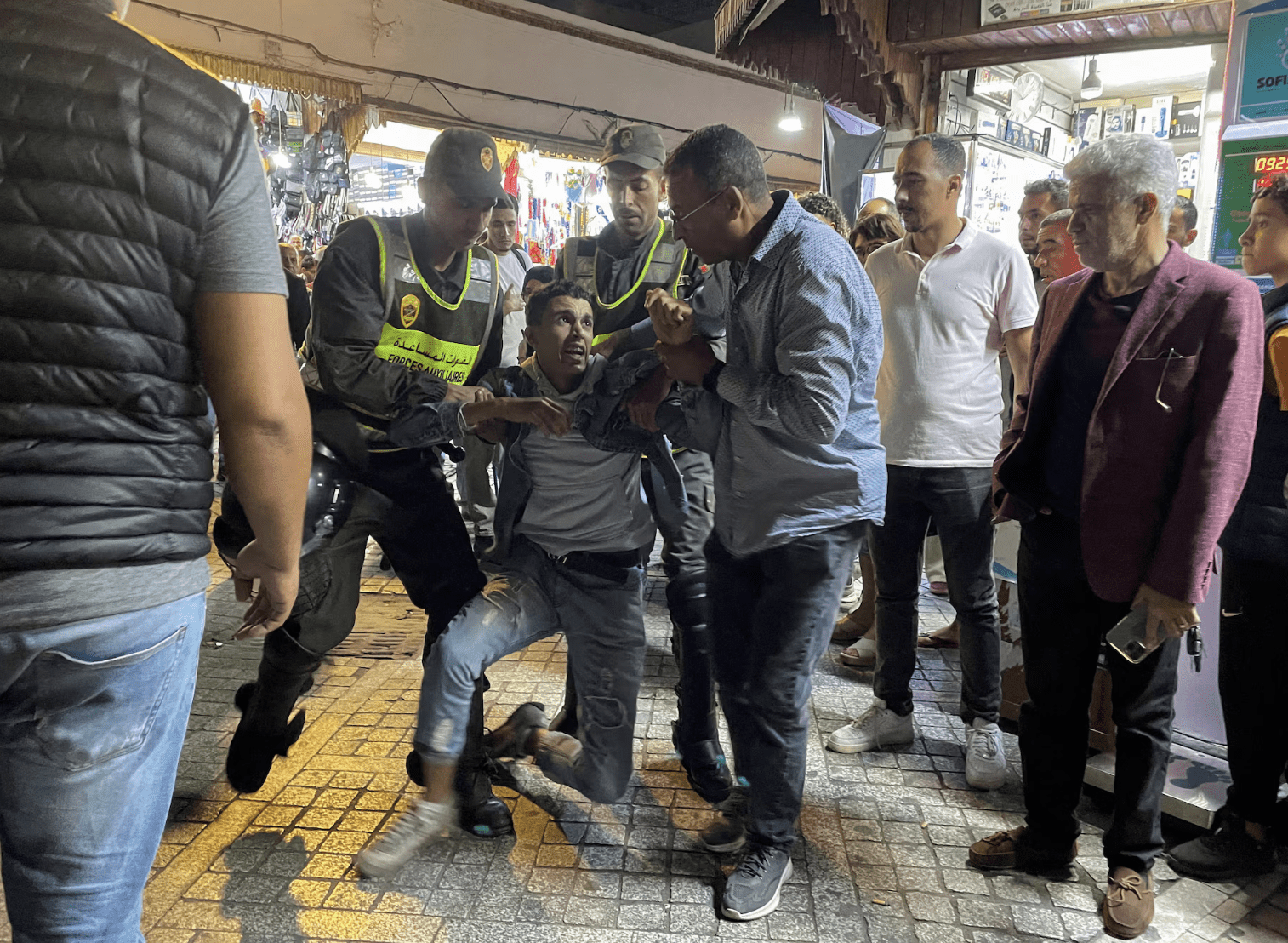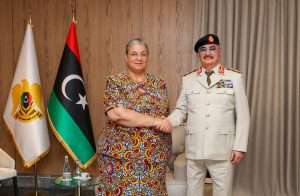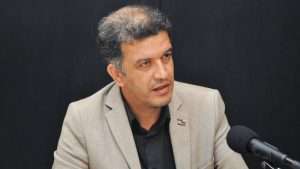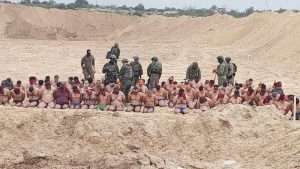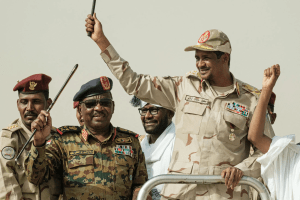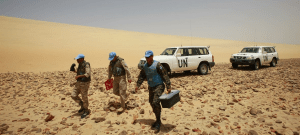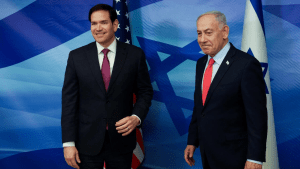Press freedom crumbles in North Africa

Tunisia, once the beacon of Arab Spring democracy, has plummeted 30 places in global press freedom rankings as North African journalists face imprisonment, censorship, and digital surveillance at rates unseen since before the 2011 revolutions.
“Civil society is suffocating once again. There are few independent media outlets left.” In an exclusive interview with Maghrebi, Karim Emile Bitar, Professor of International Relations and Former Dean of USJ, gave this damning statement.
“There are very few reasons to be optimistic about the media and civil liberties in the Arab world.”
The recent RSF press freedom report for 2025 confirms these damning assessments, categorising every North African country as having a “difficult” press freedom situation.
Tunisia has dropped 30 places in the index to 129th as President Kais Saied continues to crack down on journalists and political opposition. Algeria (126th), Morocco (129th) and Libya (137th) did see position increases, but none sit higher than Morocco, which is in the 120th position.
One of the key areas where these freedoms have been compromised is independent outlets, which analysts view as crucial to undermining journalistic integrity and press freedoms in the region.
Such independent figures as Ihsane El Kadi are key instances of this. El Kadi is the founder of Radio M and the Maghreb Emergent Media while being a vocal critic of the government.
For this, El Kadi received a sentence of seven years in jail over foreign funding charges in June 2023. The International Federation of Journalists (IFJ) has openly called for the freedom of El Kadi, as the case against him is seen as a way to silence independent voices such as his.
Whilst Algeria and other countries in the region have tightened their grip on press freedoms, none has cracked down harder than the face of the Arab Spring, Tunisia.
Having dropped 30 places in the global rankings, Tunisia truly is heading into the decline of North African press freedoms.
The conspiracy trials, which started in April, have seen a wide array of government opposition given prison sentences for what has been deemed “conspiring against the state.”
This crackdown has become a consistent pattern under Saied’s government, with journalists facing relentless pressure. On May 22, 2024, authorities detained Mourad Zghidi and Borhan Bsaiss, both IFM radio journalists, for political commentary aired on their station.
When radio journalists are imprisoned for basic political commentary, it signals how severely press freedoms have deteriorated across the region.
This pattern is widespread across North Africa, as each country is finding its method to silence independent voices. By far, Tunisia has been the most destructive, but its neighbouring countries have followed suit.
Morocco employs a method of issuing legal charges seemingly unrelated to journalism, as in the case of Omar Radi, who was sentenced to six years in prison for espionage charges.
In Libya’s fractured landscape, journalists like Ismail Bouzreeba Al-Zway face military trials and excessive sentences, caught between competing factions that tolerate no criticism.
What is uniting these countries is the increasing sophistication of their censorship. Countries have moved beyond traditional crackdowns, digital repression has closed what was once the most open space for independent journalism.
Authorities have blocked websites, deployed surveillance software, and criminalised online speech. According to the Committee to Protect Journalists, this coordinated approach has led to at least 43 journalists currently imprisoned across the region – a 30% increase in just three years.
Amid this widespread crackdown, experts see Tunisia’s regression as particularly significant.
“The Tunisian situation is particularly heartbreaking,” Professor Bitar explained. “The tendencies of Saied are reminiscent of Gaddafi’s in Libya.”
Such strong statements echo a drastic future for press freedoms in North Africa.
Bitar’s strongest statement came when he called Tunisia’s demise the “last nail in the coffin of the Arab Spring” – indeed, this may just be a worrying truth.
Tunisia once stood as a vibrant society whose voices grew from the blogosphere and social media and saw the Arab world gain a voice which was not shut down by oppressive governance.
Over a decade on and 2025 marks a steep decline for press freedoms in North Africa. With the growth of authoritarian powers such as Tunisia’s Saied, it seems there truly are “very few reasons to be optimistic about the media and civil liberties in the Arab world.”
Karim Emile Bitar/RSF/Maghrebi.org/IFJ/Human Rights Watch/CPJ
Want to chase the pulse of North Africa?
Subscribe to receive our FREE weekly PDF magazine






